commentary Asia
Commentary: The role of the political elite and the ordinary Filipino in constitutional reform
Constitutional reform is as much an important political pledge that President Rodrigo Duterte should uphold, as it is a necessary step to engage Filipinos on the Philippines’ future political direction, says Ateneo School of Government's Michael Henry Yusingco.
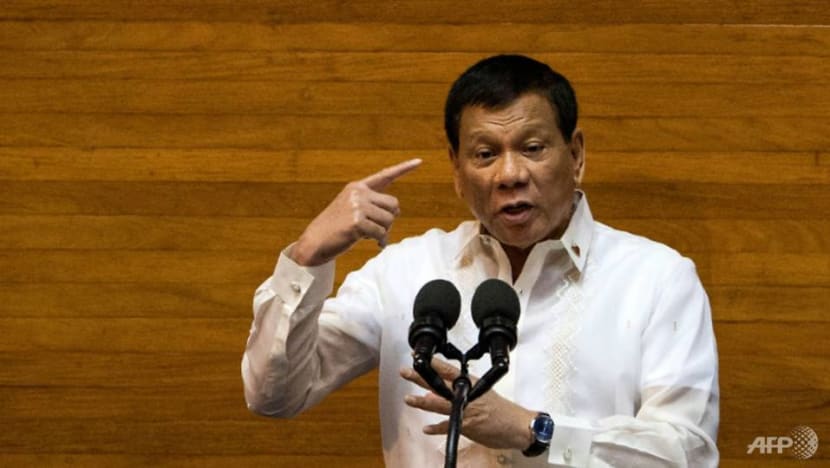
Philippine President Rodrigo Duterte. (File photo: AFP/Noel Celis)
MANILA: One of Philippine President Rodrigo Duterte’s key commitments since coming into power is the shepherding of the Philippines’ transition to a federal form of government for a multi-ethnic, multi-linguistic country - an undertaking that requires a complete overhaul of the country’s constitution.
Duterte won on a pledge to break the political and economic hold the nation’s capital has over its provinces, a reality many Filipinos refer to as “Imperial Manila”.
It is a common belief that this is the root cause of economic inequality in the country.
Correspondingly, there is hope that decentralising government through federalism will correct this imbalance by spurring economic development in regions beyond metropolitan Manila.
As part of his effort to fulfil this pledge, Duterte issued an executive order in December 2016 to organise a consultative committee on constitutional reform.
The committee will be given the mandate to “study, conduct consultations and review the provisions of the 1987 Constitution including but not limited to the provisions on the structure and powers of the government, local governance, and economic policies".
However, this committee remains a plan on paper as Duterte has yet to formally announce its members.
Consequently, his constitutional reform project has yet to gain any significant traction.
While the Philippine public continues to discuss the need for reforms, there is no key public personality leading the discussion.
And with the absence of a definitive directive from the President, Filipinos have yet to be offered a clear and coherent path towards constitutional reform.
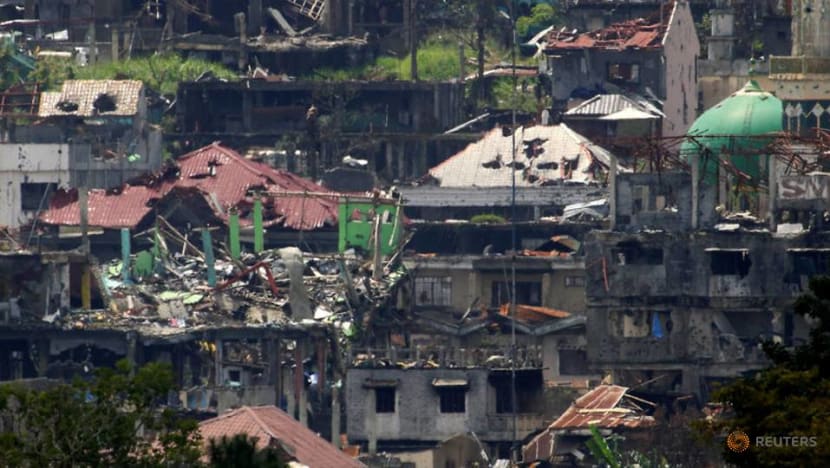
LACK ON CONSENSUS ON REVISION PROCESS
This opacity is even made more precarious by two issues, the first of which is the lack of consensus amongst political elites on how to go about the process of revision itself.
The Philippine Congress could act as a constituent assembly to rewrite the constitution, or they could enact a law calling for the election of a convention who will be mandated do this job.
In the latter choice, the number of delegates to the convention, the date of the election and other pertinent details will still need to be specified.
Duterte and his party have announced a decision for the former because they see it as the practical choice, to meet deadlines.
But critics, comprising academics and civil society personalities, counter that given the gravity of this political exercise for all Filipinos, deadlines should not matter at all.
Those who push for a constitutional convention also believe such a body will be less beholden to Duterte compared to the current Philippine Congress.
Duterte and his allies in the legislature oppose this option, highlighting the need to complete the revision process by 2019 so that the second half of Duterte's six-year term can focus on transition.
Their goal is to elect leaders for the new federal republic when Duterte’s term ends in 2022.
In addition to delaying their timetable, holding an election for delegates to the constitutional convention will be expensive.
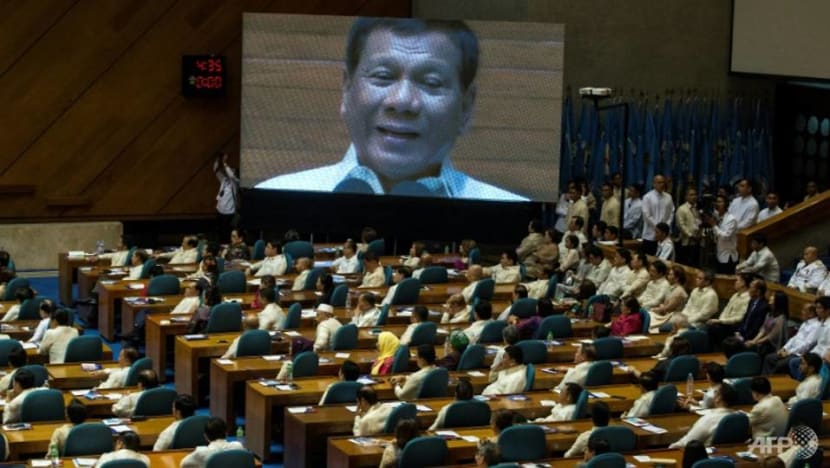
LACK OF UNDERSTANDING AMONG FILIPINOS
The second issue relates to the lack of understanding by the majority of Filipinos of the constitution itself.
A country that values its political system and believes that its constitution enshrines guiding principles for their way of life would naturally celebrate the day its constitution is enacted.
But surveys conducted to determine Filipinos’ awareness about the nation’s Constitution Day are revealing. Anecdotally, among students in schools, youths in top universities including law schools, and even those who work in the Philippine government – most aren’t aware that Feb 2 is the Philippines’ Constitution Day.
If Filipinos truly value their constitution, they would also be inclined to remember its ideals, with its standards for public office firmly entrenched in the country’s political culture.
A 2002 Social Weather Station poll showed that three out of four Filipinos readily admit that they need to be better informed about the constitution. Yet, by 2014, a survey by Pulse Asia showed that 70 per cent of Filipinos still have "little or no knowledge" about the national charter.
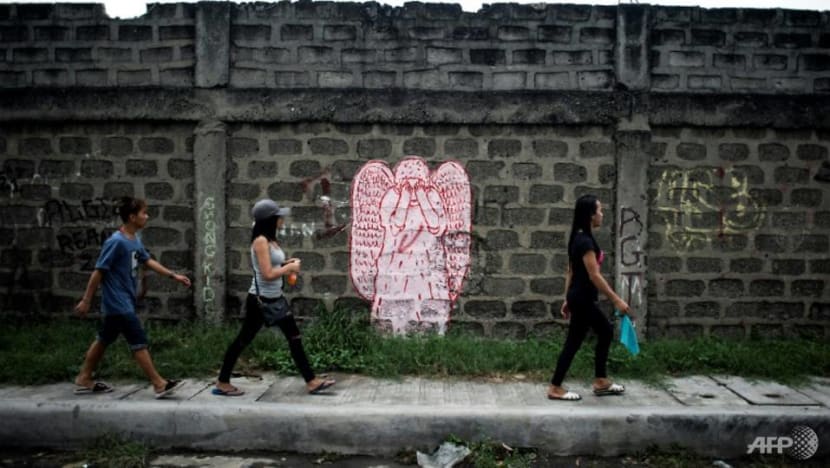
These statistics do not inspire confidence at all on the country’s readiness for constitutional reform.
BROADER POLITICAL REFORMS
Revising the constitution is part of a broader political reform effort in the Philippines that should seek to correct pathologies in the current constitution. These are prescriptions which may have been designed with good intentions but have eventually become debilitating to the political system it governs.
For instance, the 1987 Constitution prohibits local officials from holding office for more than three consecutive three-year terms.
The purpose of this prohibition is to safeguard against the creation of local political dynasties.
Yet, this prohibition does not address conflicts of interest that arise with the trend of family members holding various government positions.
Accordingly, Duterte should begin his constitutional revision project with diagnosing pathologies in the 1987 Constitution.
His government should also carry out a widespread and substantial public consultation process with the advisory committee of the President moderating.
Apart from shifting to a federal structure of government, Duterte’s government should also consider perennial issues that have plagued the Philippines and ways to resolve them. For instance, he should consider economic liberalisation and enhancing the powers of the Philippine Commission on Human Rights.
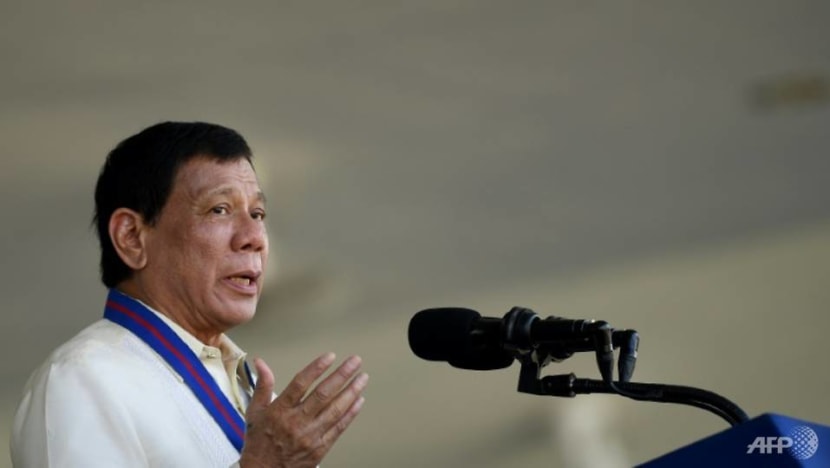
Prescribing an open economic regime can bring in more foreign investors, which in turn can provide more employment opportunities for Filipinos. Giving the Human Rights Commission prosecutorial powers can curb, if not eliminate, the human rights abuses perpetuated by security forces.
This is certainly a daunting challenge but as responsible citizens, Filipinos must actively participate in any future hearings and consultation sessions involving the constitution.
This organised comprehensive public dialogue can also serve as a refresher course of sorts on constitutional education for Filipinos.
Hence, Duterte and his allies must fit this massive undertaking in their timetable, to uphold the legitimacy of the constitution’s revision process.
The new constitution must be more reflective of the times and responsive to their needs.
Any attempt at constitutional revision without meaningfully engaging the public must be rejected by Filipinos.
Indeed, Filipinos must be prepared to present intelligent and coherent proposals as to what their new charter should contain.
This is the best way to ensure the revision process will usher an era of newfound growth and renewed optimism.
Critically, Filipinos must come out of this momentous exercise having a firm understanding of the changes made from the 1987 Constitution as well as the key tenets established in this new one.
Michael Henry Yusingco is a legislative and policy consultant, law lecturer and a non-resident research fellow at the Ateneo School of Government. He also contributes to the Asian Studies Association of Australia and a regular column at the Philippine Daily Inquirer.












